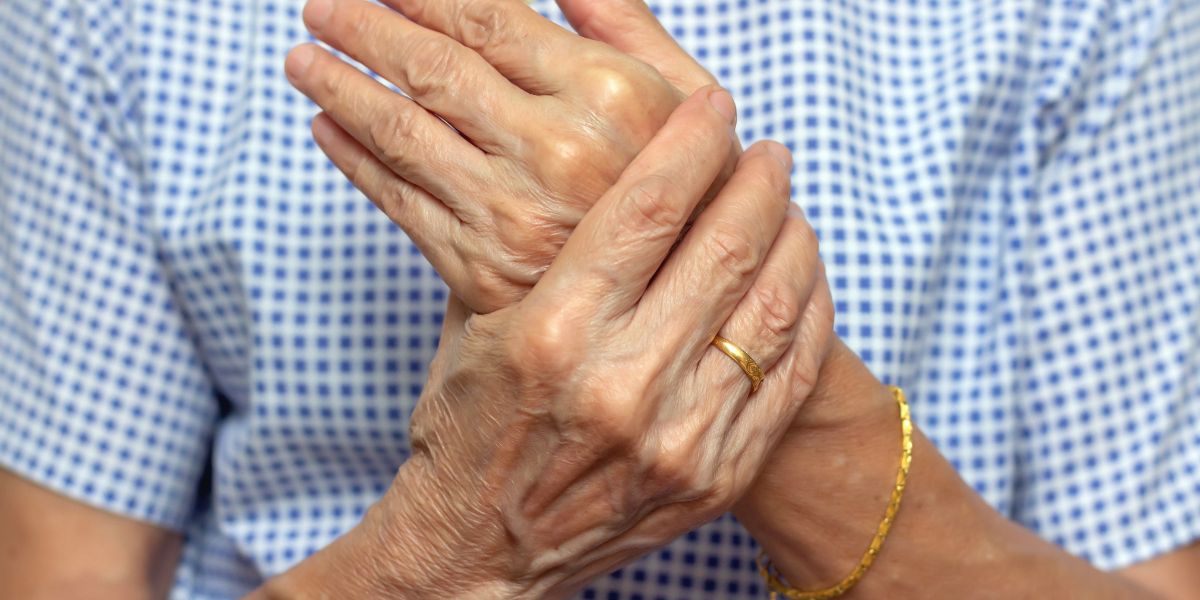Researchers can identify whether people with type 2 diabetes are at risk of developing diabetic neuropathy by analysing their blood lipids, a new study has revealed.
Scientists from the University of Michigan have found that individuals with a low energy metabolism are more likely to develop nerve damage compared to those with a quicker metabolic rate.
According to the report, around half of people living with type 2 diabetes go on to develop peripheral neuropathy.
Lead author Dr Eva L. Feldman said: “We have the potential to test for these lipid biomarkers in people with type 2 diabetes to identify those with the highest risk of developing peripheral neuropathy and facilitate more focused management of those individuals.”
During the study, the team of academics analysed blood samples from more than 60 adults, all of whom have type 2 diabetes and diabetic neuropathy.
They detected a link between diabetic neuropathy and a dysfunction in a critical pathway called b-oxidation, which transforms lipids into nerve energy. The findings show that neuropathy is caused when nerves lack the required amount of energy.
Dr Feldman said: “As we learn more about the relationship between serum lipid species and neuropathy, it will open up the possibility of targeted therapeutic treatment, both with drugs and lifestyle interventions.
“Our findings support the concept that unsaturated healthy fats are a better source of energy for nerves that highly saturated fats.”
She added: “We strongly recommend a Mediterranean-type diet to maintain a healthy nervous system. Engaging in a healthy diet and exercise program is the key to preventing neuropathy.”
The study has been published in the journal Annals of Clinical and Translational Neurology.




